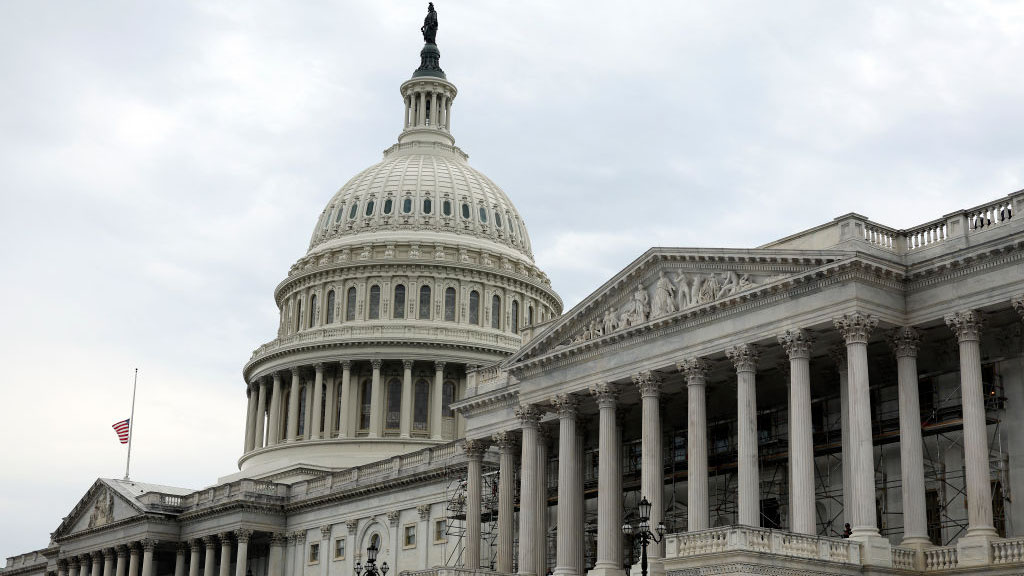Maine environmentalists are celebrating a big win in their battle to prevent tar sands oil from being loaded onto tankers in South Portland.
On Monday night, the South Portland city council voted in a 6-1 decision in favor of the "Clear Skies Ordinance."
"A community working together can do amazing things," said Mary Jane Ferrier with Protect South Portland.
The group led a vocal campaign to warn the community about the possibility of tar sands coming down the Portland Pipeline from Canada, and the environmental hazards that might follow.
"Tar sands is sort of this emerging, very dirty oil that lots of communities are facing threats from and the oil industry is really committed to getting as much tar sands out of the ground and out to world markets as possible," said Dylan Voorhes, the clean energy director for the Natural Resources Council of Maine.
The group said the vote Monday night is historic because it shows that the well-financed oil industry doesn't always win.
"This is a signal to Big Oil that it's no longer business as usual," said Ferrier.
Politics
While the council's vote was decisive, South Portland residents are deeply divided on the question of tar sands.
Last November, voters rejected a more broadly worded ordinance to ban tar sands in a close 51-49 percent vote.
Opponents of the new ordinance say oil companies, whose storage tanks dot South Portland's waterfront, have been good tax paying neighbors, providing good paying jobs for a long time.
Dick Ingalls, who serves on the Maine Port Authority board, says he worries that the environmentalists have a much broader agenda.
"I'm unhappy," he said. "I think that there will be more ordinances, I think that maybe the end result of this is to not have any oil terminals on the South Portland Waterfront."
Jamie Py of the Maine Energy Marketers Association released the following statement:
"The men and women of the Working Waterfront Coalition whose livelihoods were treated as casual collateral damage through this process will evaluate all political and legal means available to us to overturn the ordinance this fight is not over."
If that happens, the environmentalists say they're prepared to go another round.
"we're not going away," said Ferrier.



